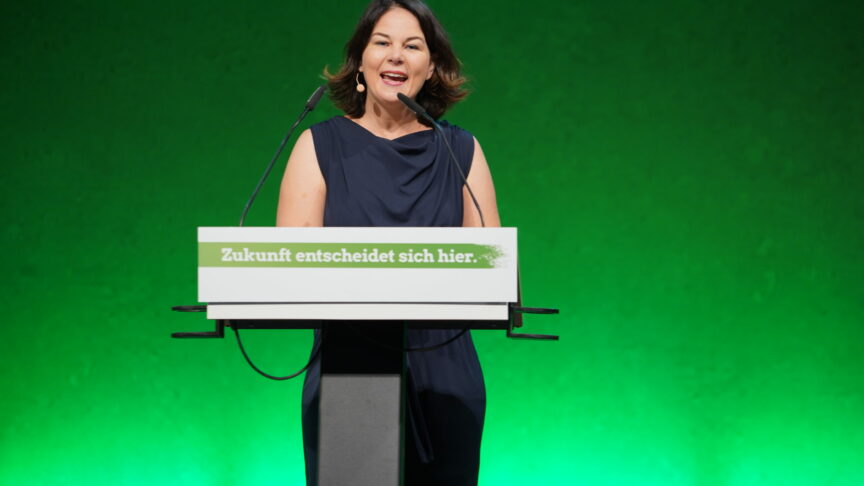
Germany’s Green Velvet Revolution?
While Germany’s long-ruling centre-right parties continue to offer more of the same, the Greens have recently emerged as a serious contender in the run-up to September’s federal elections

While Germany’s long-ruling centre-right parties continue to offer more of the same, the Greens have recently emerged as a serious contender in the run-up to September’s federal elections
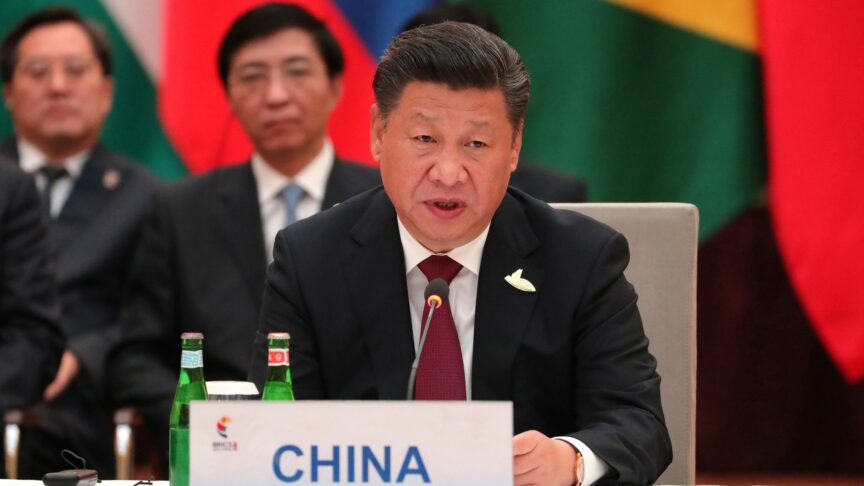
China’s new strategy for achieving economic self-reliance and geopolitical dominance poses an unprecedented challenge to the West
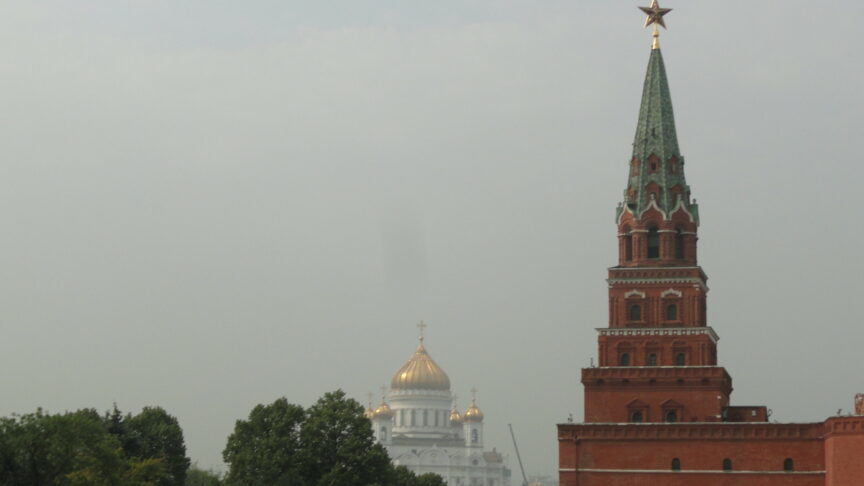
The European Union should be in no hurry either to engage with Russian President Vladimir Putin’s regime or to force a diplomatic crisis. Rather than vacillating between resets and crackdowns, the EU should pursue a strategy of “principled indifference”
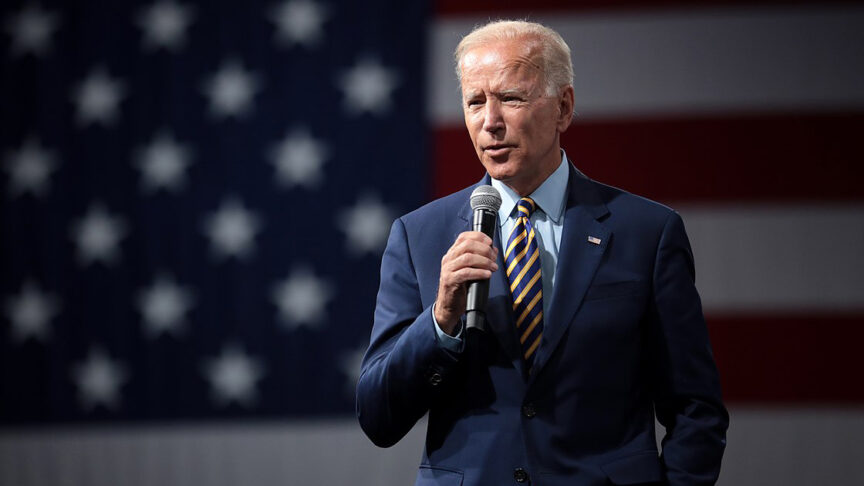
While America’s crisis of democracy has been clear to see in recent months, equally consequential is its crisis of power on the world stage

Mark Leonard and Jeremy Shapiro predict ten bright and bold policy projections for the year to come
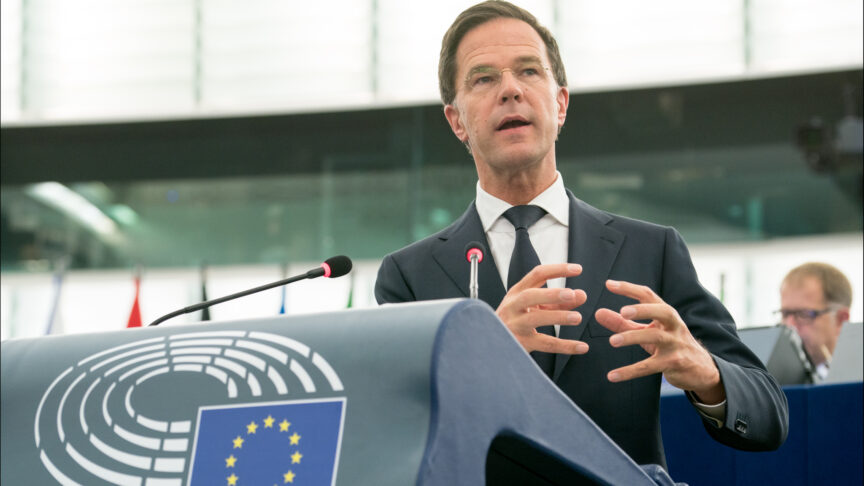
Many people in the European Union’s wealthiest states feel powerless to shape its future
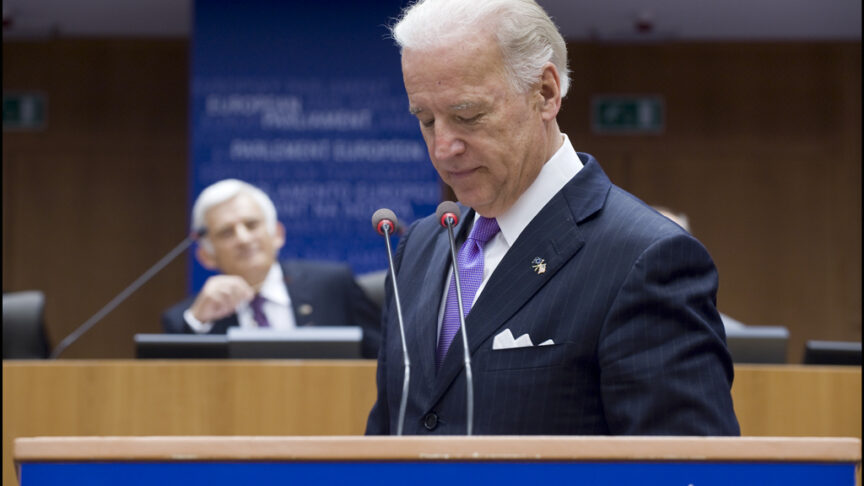
Even with a new, far more sympathetic US administration, it will be incumbent on Europe to come to the table as a co-equal power bearing solutions, rather than as a helpless child begging for protection and guidance

The normalisation of relations between Israel and the United Arab Emirates (followed quickly by Bahrain) indicates that the Middle East is undergoing a strategic paradigm shift, with the Palestinians left out in the cold. But anyone who thinks that the region’s oldest ongoing conflict has been laid to rest should think again
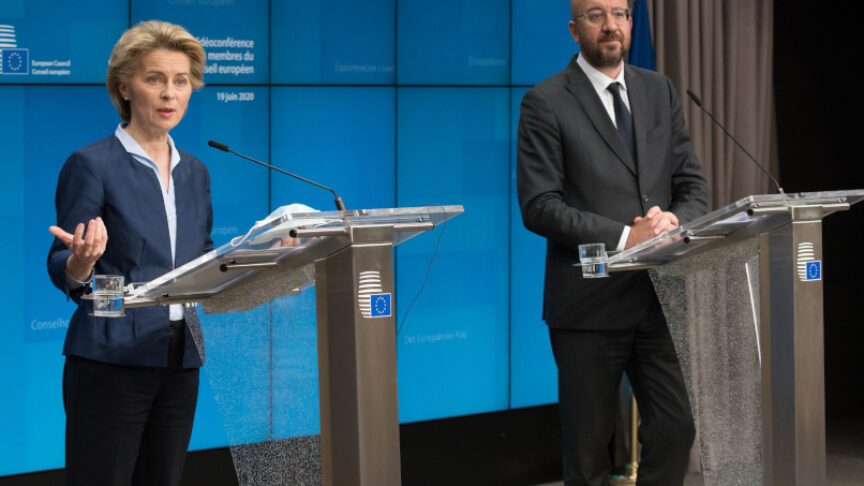
The covid-19 pandemic has exposed a gap between European aspirations and actions. If European leaders are serious about defending rules-based multilateralism and securing the European Union’s interests in the twenty-first century, they will need to start coming to terms with today’s geopolitical realities
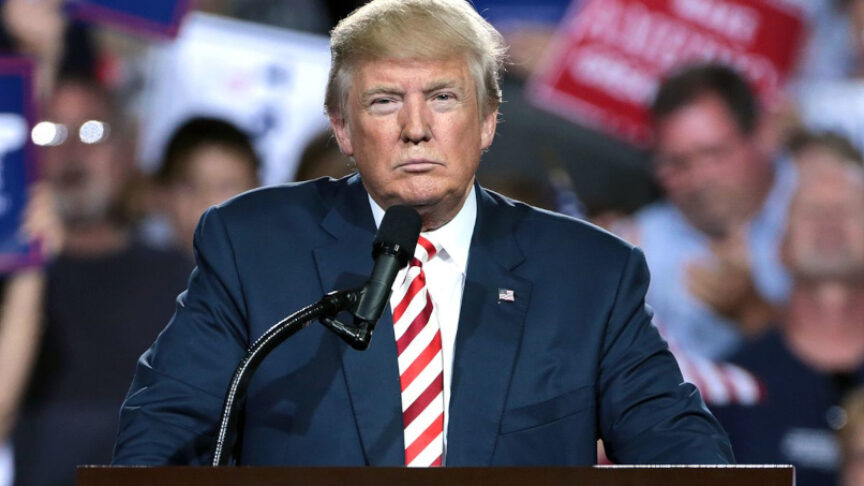
Although US President Donald Trump’s efforts to undermine the election are shameless, they are still more subtle than the outright election rigging that one finds in places like Belarus. Like other authoritarian leaders, Trump is deploying a new anti-democratic politics that has yet to be fully comprehended